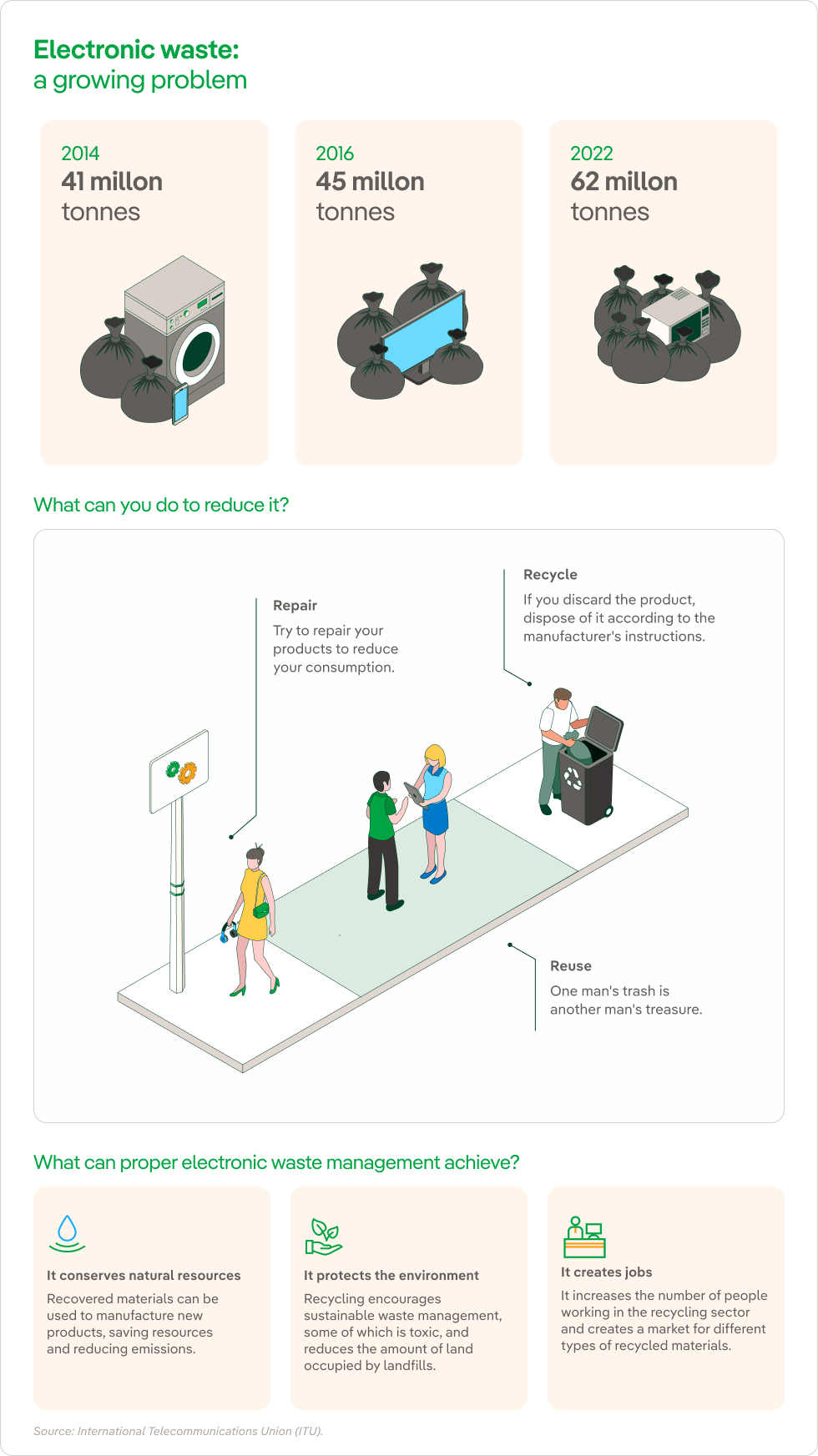"Designing products to break quickly or become obsolete in the short to mid-term". The general idea is to encourage sales of new products and upgrades to boost profits, a practice that has been banned in some countries, but not in the UK. For example, a cellphone manufacturer may decide to use parts in its phones that have a maximum lifespan of five years, instead of parts that could last 20 years. It is also when spare parts or software updates aren't available, or an item can't be disassembled without destroying it. Changing a battery for example. Naively when I buy an item I imagine the guarantee as the minimum period the item should work for, with the expectation that it may well work for a lot longer.
In my experience of 79 years, the general rule is that old stuff lasts longer. I imagine that is because of the quality of the raw materials items were produced with & possibly the skill & care workers took in the manufacturing process. I had a John Lewis fridge when I first got married that lasted decades for example. I kept clothes that I loved for years & years. They didn't fade, or fall apart. Seam allowances were sufficient, unlike todays clothes that regularly split.
My generation valued craftsmanship & durability. We expected things to be worth what we paid for them & to last. That simply isn't true today. Most people expect to replace goods very regularly. They desire the newest iteration of whatever they buy. I didn't expect to change my kitchen units & white goods according to the dictates of fashion. I expected them to last for as long as I lived in the house. I certainly didn't expect to change my phone on a regular basis.
Why on earth have we become such slaves to fashion?
Electronic waste in particular is becoming a huge issue that now threatens the environment. I remember taking broken electronics to someone to repair or calling someone out to repair bigger items. Nowadays finding someone with the skills is very difficult & expensive. Manufacturers have got away with telling us that it isn't viable to repair stuff. Many electronic components use raw materials that have to be mined & supply is not inexhaustable. This is unsustainable & destructive.

There is light on the horizon though. I recently had to change my router. The broadband company I was with, Plusnet, now has free recycling of old routers to recover precious components. I have also taken small electricals to "Share Cafes" locally where volunteers repair all sorts of things.
This is called a "Circular Economy" - reusing, repairing and recycling existing materials and products whenever possible to extend their life cycle. A model of production and consumption, which involves sharing, leasing, reusing, repairing, refurbishing and recycling existing materials and products as long as possible. The Ellen McArthur Foundation is a charity actively promoting this
https://www.ellenmacarthurfoundation.org/topics/circular-economy-introduction/overview
We all need to change our attitudes & habits. There isn't much time to get this right.
No comments:
Post a Comment